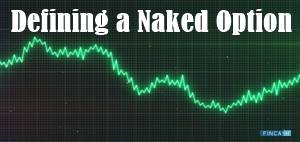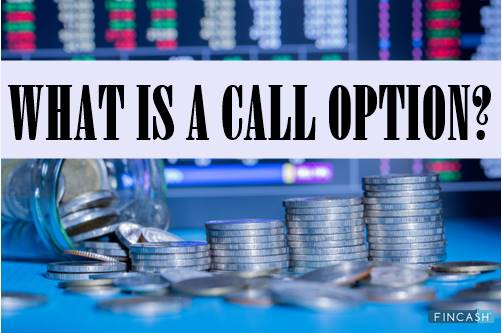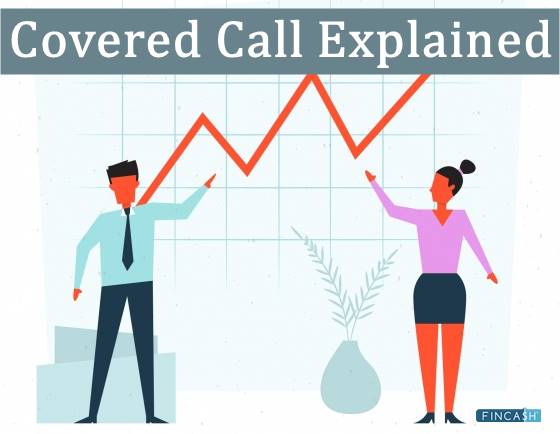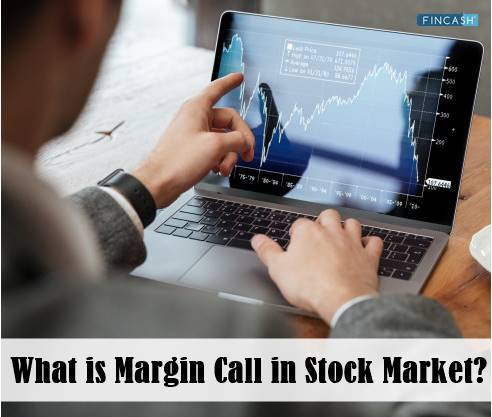
Table of Contents
What is a Naked Call?
A naked Call is referred to an options strategy wherein an investor gets to write (sell) call options in the open Market without possessing the Underlying security. This is in contrast to the covered call strategy where an investor possesses the Underlying Security on which the call options get written. Sometimes, the naked call strategy is also known as the short call or an uncovered call.
Explaining Naked Call
A naked call provides an investor with the capability of generating revenue without possessing the underlying security, as mentioned above. Basically, the premium acquired is the only objective behind writing the uncovered Call Option.
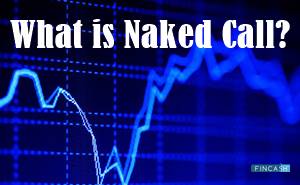
Also, this strategy is risky as there is restricted upside profit potential. In theory, the strategy comes with an infinite downside loss probability. The maximum acquisition is the premium that the option writer gets upfront, which is credited to his account. Thus, the objective is to have the option expire without any worth.
Theoretically, the maximum loss is unlimited as there is no cap whatsoever on how high the underlying security’s price can go. But in practical terms, the option’s seller is likely to purchase them back before the price goes way too far the strike price, which is based on the investor’s tolerance and stop-loss settings.
For the writer, the breakeven point gets calculated by adding the received premium and the naked call’s strike price. An implied increase in Volatility is not satisfactory for the writer as the possibility of the option being in-the-money is always there;
Considering that the writer wants the naked call to get expired out-of-the-money, the Time decay or the passage of time will leave a positive effect on the strategy. Understandably, margin requirements have to be steep, keeping in mind the infinite risk of this strategy.
As a result of the involved risk, just experienced investors who believe that the underlying security’s price will decrease or remain consistent should go with naked call. Often, the margin requirements are high from the strategy because of the tendency for open-ended losses.
Moreover, the investor might be compelled to buy shares on the Open Market before the expiry in case the margin benchmark is breached. The only advantage of this strategy is that the investor may acquire Income in the form of premium without Investing a lot initially.
Talk to our investment specialist
How to Use Naked Calls?
As far as writing uncovered calls is concerned, there is a substantial risk of experiencing losses. If the stock remains below the strike price between the time when options get written and their expiry, then the writer gets to take the entire premium without commissions.
On the contrary, if the stock price increases above the strike price by the expiry date of the option, then the option buyer can demand shares of the underlying stock from the seller. The options seller will have to go into the open market and purchase shares at the market price to sell the same to the buyer at the strike price of the option.
If, for instance, the strike price is Rs. 100 and the stock’s open market price is Rs. 105 at the time of exercising the options contract, the seller will have to bear the loss of Rs. 5 per share of stock less than the received premium.
The collected premium will somehow Offset the loss on the stock. However, the possible loss can still be quite massive.
Example of Naked Call
Let’s understand the concept with a better, relevant example. Suppose stock ABC is trading at Rs. 47.89 per share. And, the call is trading at Rs. 1.25 premium. Now, the investor X anticipates ABC is not going to go above Rs. 5 per share before the end of the year; thus, he sells 50 calls for Rs. 125. Since X has not bought any stocks, his investment will be regarded as naked.
Meanwhile, there is another investor, called B, who predicts that ABC will go beyond Rs. 50 per share before the end of the year. Therefore, B buys the call from A at a price of Rs. 125. At the option expiry, now there could be four different scenarios, such as:
- Drop at the price
- Consistency in the price
- Increase in the price
- A surge in the price
Supposing that there are no additional Taxes or costs that impact the contract when either the date is December 31 or the prices increase beyond Rs. 50. In such a scenario, either B will bear 100% loss or B will profit the same amount as that of the net loss of A.
All efforts have been made to ensure the information provided here is accurate. However, no guarantees are made regarding correctness of data. Please verify with scheme information document before making any investment.




